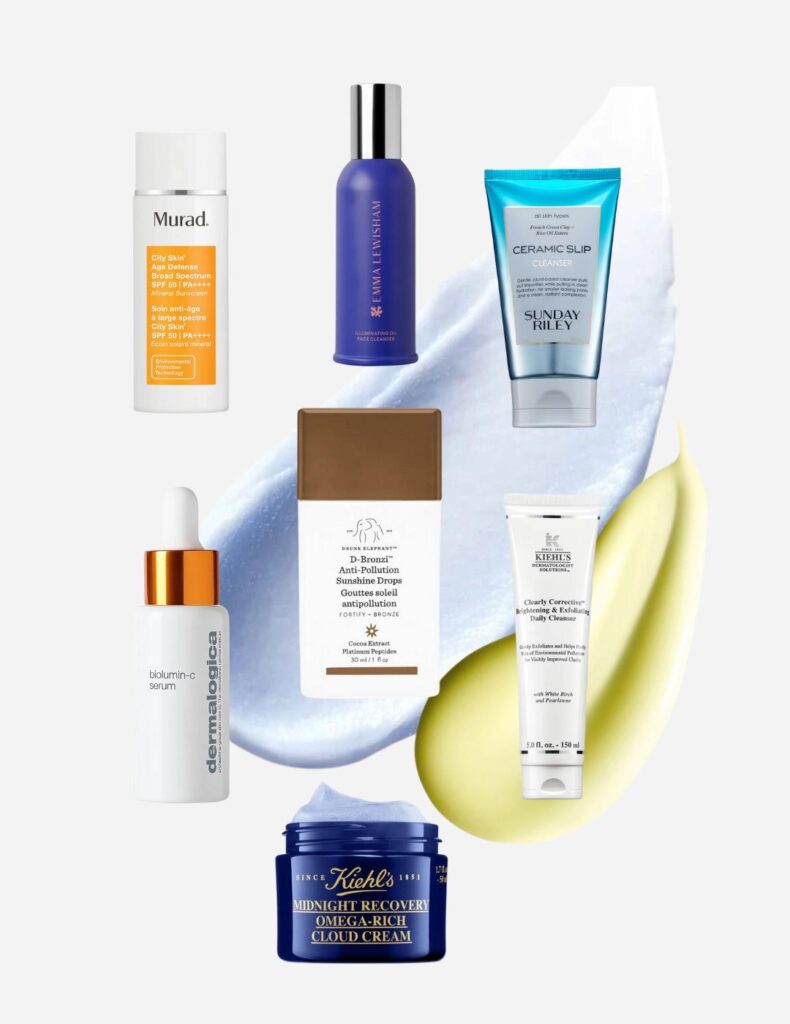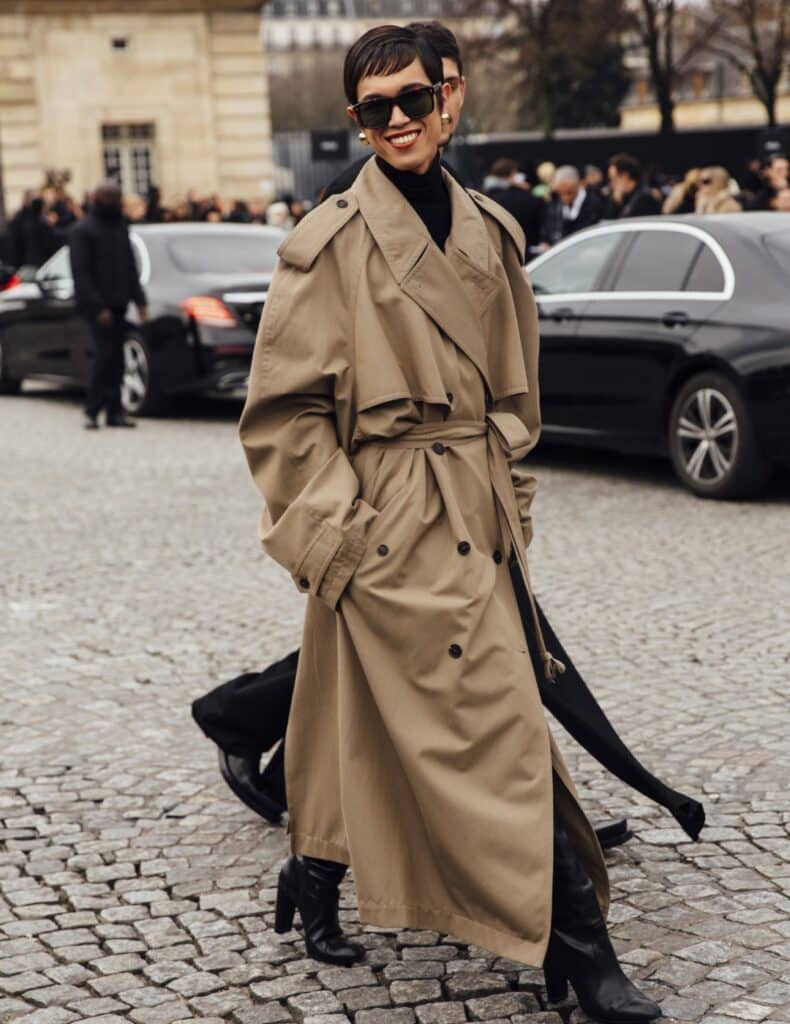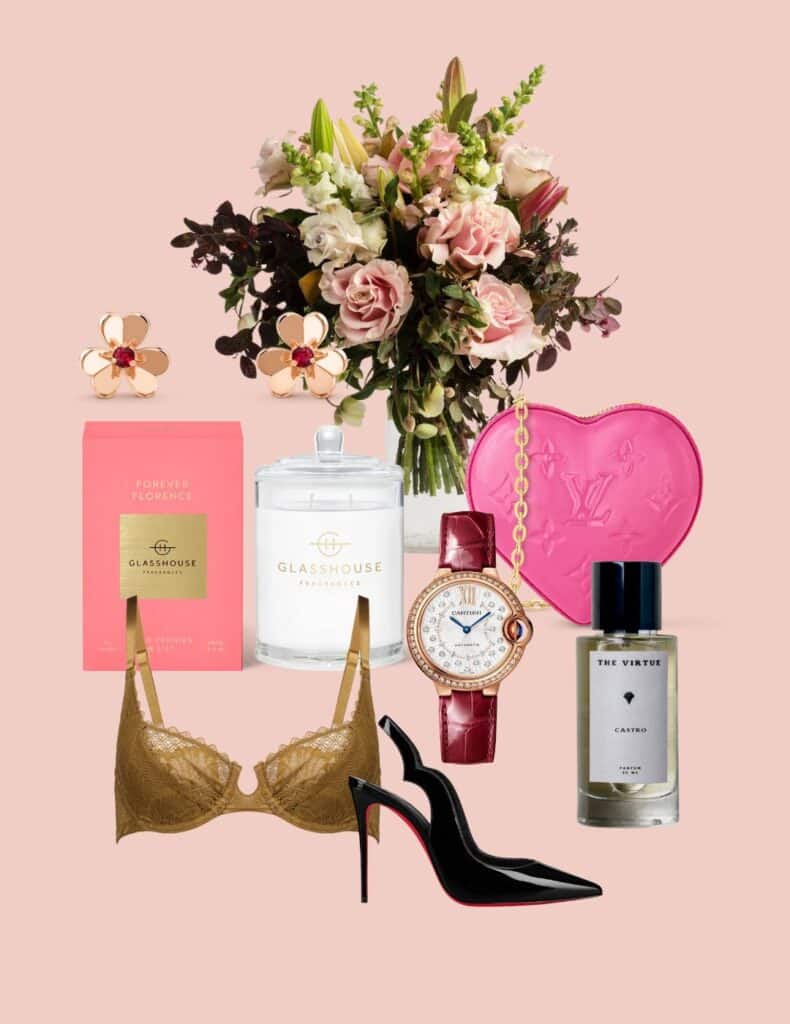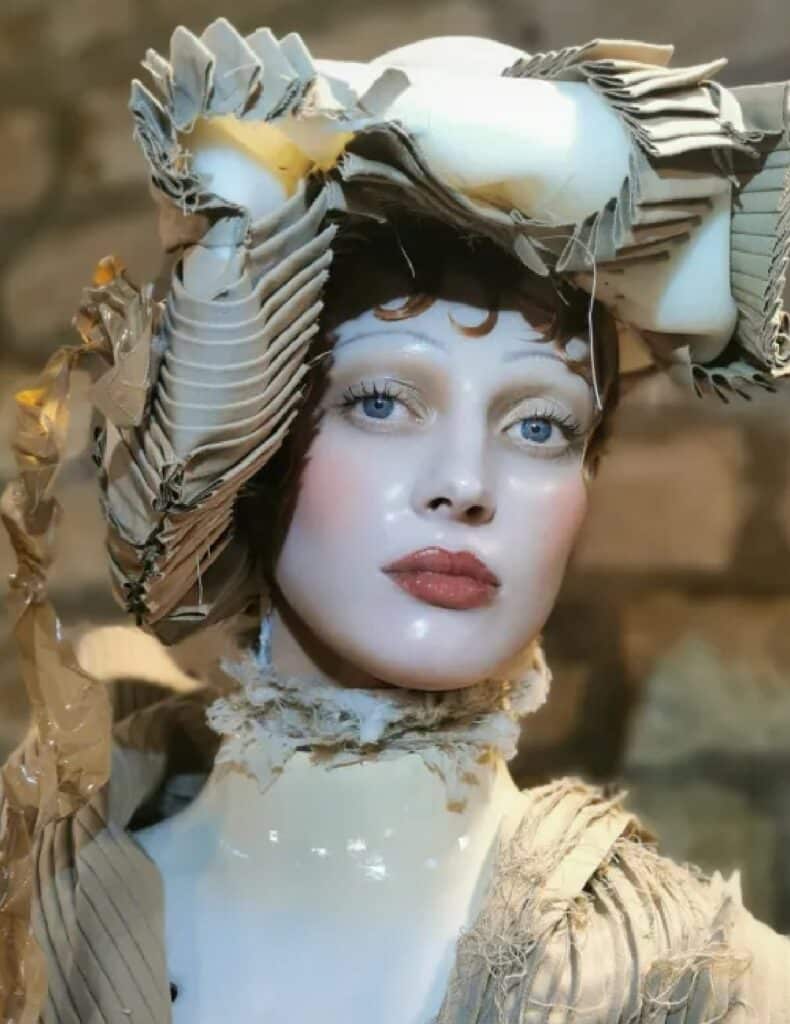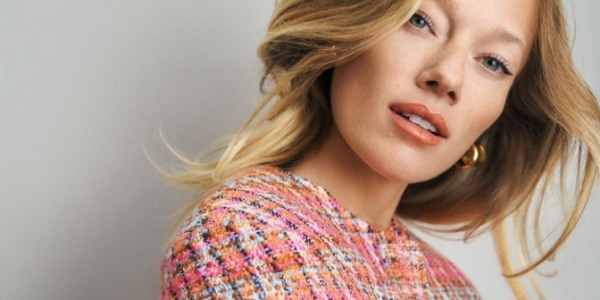Fashion Revolution Week (April 22-28) and Earth Day (April 22) are two reasons many people stop and take check of how their actions are impacting the environment and the people around them.
Local designer Rachel Mills didn’t need either of those. She has long held the belief that a thoughtful and slower approach is as key to her business as creativity, and has been using sustainable practices such as using dead stock and organic fabrics since the very early days of her namesake brand.
This Earth Day, she has decided to share the eight brand promises she has made—and will hold herself to—to better her brand, as well as giving us a glimpse into the challenges this poses as a designer.

What does ‘sustainable’ mean to you?
To me, sustainable means working in an ecosystem where we put back in what we take out. For my brand, this means creating as small an impact on both people and the planet as possible, and creating a positive impact where possible.
In your opinion, why is Fashion Revolution Week so important?
Fashion Revolution Week is so important in terms of education and awareness. As a consumer, which we all are, it is far too easy to turn a blind eye to what actually goes on with garment manufacturing, even locally. During that week, there is no getting away from it all. It’s the one week we are bombarded with the reality of the industry—when for some of us, that is every single week.
Can you tell us how your business approaches sustainability and ethical practices?
As a small business in New Zealand, it is actually a really difficult thing. We are already quite limited in terms of fabric sourcing, then when you put ethical limitations on what we do have available, the pool of resources becomes even smaller. You have no pulling power in terms of getting your suppliers to be transparent, ethical and sustainable.
My way of getting around this is to use organic wherever possible. I don’t use zips in any of my garments, as I haven’t found any suppliers I am happy with. The remainder of my fabrics are sourced as dead stock. This means a lot of my fabrics come from larger fashion houses that no longer have a use for them. This isn’t a long-term solution, but is a small step I can take until I am big enough to go deeper into it. My buttons are made from vintage sourced materials, and garments wrap around the body as an alternative to a zip.
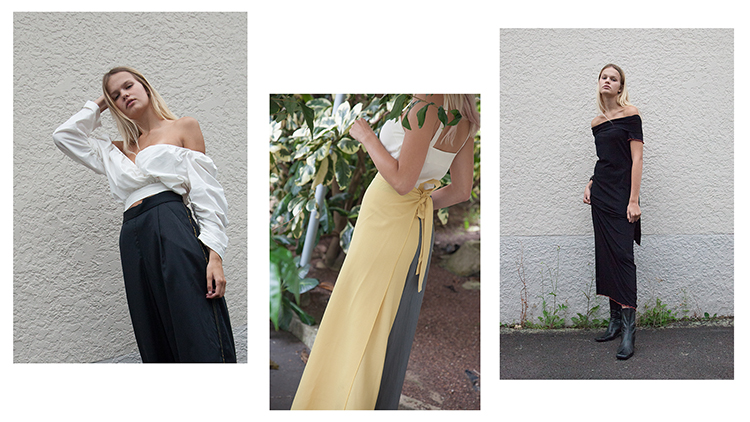
Why has it been so important to you to put these processes in place?
I wouldn’t be okay with running a business any other way.
When did you first become aware of the need for sustainable fashion?
I think it was during my time studying. Although growing up I was always encouraged to make rather than buy, and to not buy something just because it is cheap. It was at university that my eyes were opened to the environmental impact of fast fashion and the garment manufacturing industry as a whole, and the impact cheap manufacturing has had on not only the local economy but also the loss of technical skills here.
Does having these processes in place make it more challenging to design?
I actually love putting limitations on things, because so often it forces you to come up with something you wouldn’t have thought of initially. As I mentioned before, it definitely limits the availability of both materials and labour, but with the actual design of the garment, I think it pushes it to become better. The way my garments wrap, to get around not using zips, means I have to think outside the box a little when it comes to the pattern making process. But it also means that garments are more flexible, comfortable and versatile, which can actually add value, and add to its longevity.
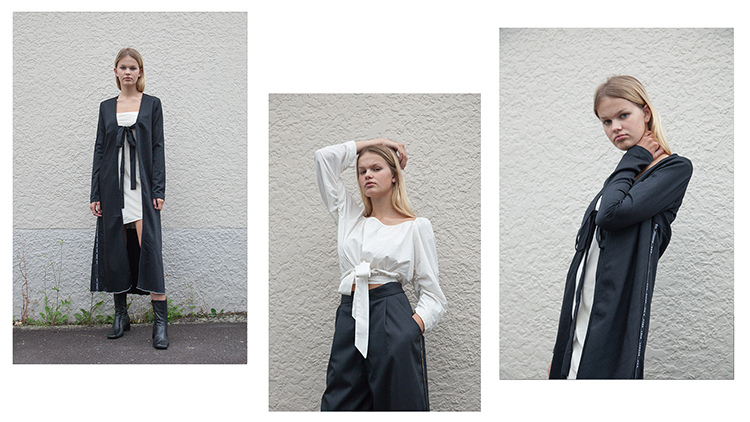
What is the one thing consumers could do today to take action and drastically change their consumption of fashion?
We vote with our dollar and that is the most powerful thing you can do. Support those who are pushing for change and hold back from supporting the others.
Who are some other people/brands we should follow on Instagram right now for instant sustainability inspo?
Well Made Clothes for informative reading and brands to follow, and Clare Press (@mrspress) on an international level.
What else do you have in the pipeline in terms of incorporating sustainability into your designs? Is there anything happening internationally that you would like to explore here?
Right now, I am more interested in the ethical values of the production of my garments. Although everything is made locally, there is still a lot of work to be done within our garment manufacturing industry. I am hesitant to lose control over this process with offshore manufacturing so I am in the process of shifting all of our production in house and creating a bigger infrastructure to maintain this. This way I can stay on top of every single process used in the end stage manufacturing – making sure staff are looked after and are fulfilled in their roles, ensuring they are paid what they are worth, and quality is always maintained.


